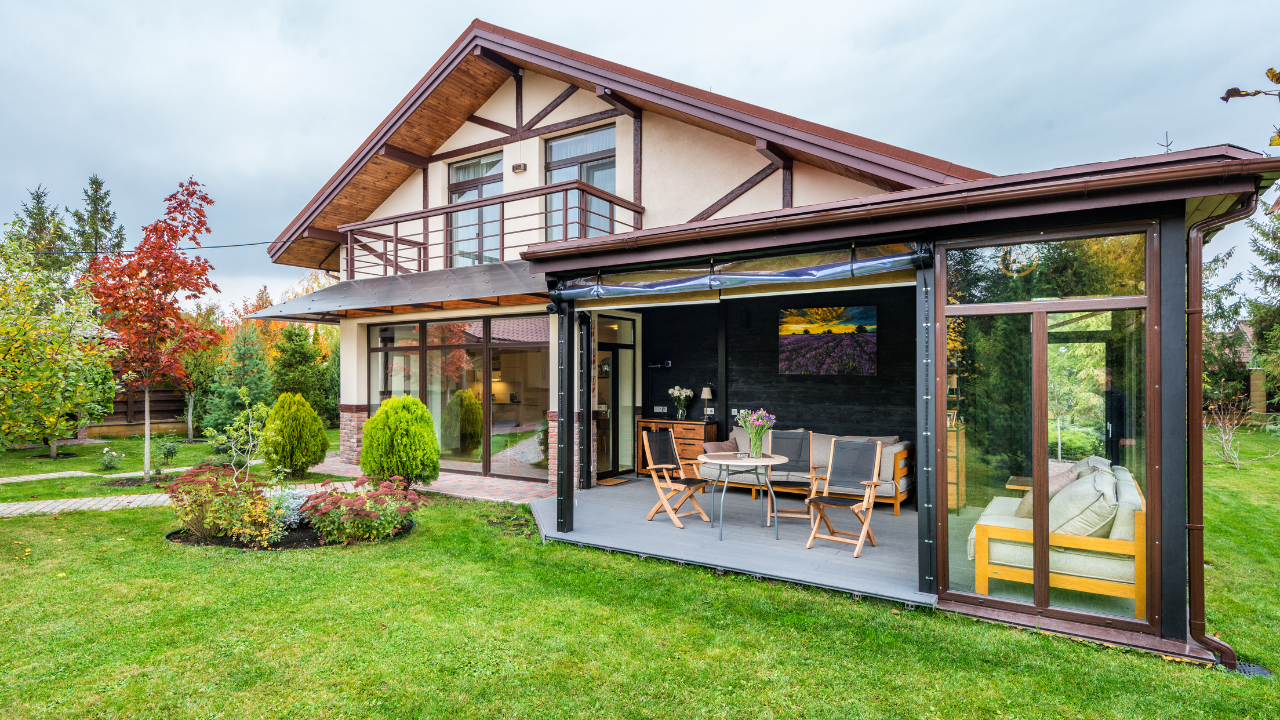
The United Kingdom is known as a country of industrious builders and resourceful problem solvers throughout history. Startups have reached success by creating banking technology and delivery logistics systems, providing quick and convenient services. Yet a growing number of founders are moving in a different direction. The companies they establish focus on delivering happiness, comfort, and building relationships. These new businesses deliver operational efficiency and customer satisfaction, which traditional utility companies struggle to achieve. British entrepreneurship has started a new period, one that treats enjoyment and innovation with equal importance.
Balancing Fun with Responsibility
Startups focused on leisure and enjoyment aim to do so much more than just entertain. They also have a responsibility to provide safe and ethical experiences. This is especially true in sectors such as online gaming and casinos, where platforms often implement tools like self-exclusion programmes. These features allow users to voluntarily pause or limit their activity, supporting more responsible engagement with leisure products.
International casino platforms also promote responsible gaming, though often with fewer restrictions. Players can find a self-excluded list of casinos that offer better gaming options, greater payment flexibility, and less intrusive verification. Even without traditional self-exclusion tools, they show how enjoyment can coexist with wellbeing, offering mechanisms that show just how leisure startups can evolve while supporting users’ health alongside entertainment.
Utility startups, again, exist to solve practical problems, such as paying bills, tracking deliveries, or boosting office productivity. Their success rests on function and speed. Leisure startups, on the other hand, are about how people feel. Their purpose is to bring vitality and emotion to daily mundane routines.
Bristol-based Yuup, for example, connects users to local experiences like craft workshops, paddleboarding sessions, and tasting tours. Or Nibble, a London social discovery app that helps friends book new outings together. These ventures don’t trade on necessity; they essentially thrive on curiosity. They remind people that how time is spent matters just as much as how it's saved.
Where utility startups can scale quickly by solving once-off problems, leisure startups must constantly surprise and delight. Their success isn’t about becoming indispensable. It comes down to creating experiences that people want to return to, again and again.
Growth Through Experience
The UK’s leisure startup market is growing due to technologies that connect online tools with real-world enjoyment. People can experience meaningful social interaction through augmented reality, interactive events, and gamified wellness activities that combine entertainment with actual social interaction. The London-based company Crypt2 connects online esports competitions to digital collectibles that create virtual communities that extend further than computer screens.
The majority of these businesses expand their customer base through multiple interactions instead of single transactions. A cooking platform could provide membership extras through seasonal events, or sports venues could create virtual tournaments and loyalty reward systems. People create their daily routines through the process of participating in everyday activities while remembering them and feeling connected to their community.
This model fits changing preferences and consumer behaviour. People continue to spend their money after years of economic restraint, but they now want authentic experiences above all else. People tend to stay home more often, but they want their rare outings to be meaningful experiences. Leisure startups achieve success by finding the perfect equilibrium between delivering value and creating exciting experiences.
A Market Hungry for Enjoyment
To remain relevant, leisure startups would need to follow social trends as closely as financial ones. The content that people want to view in the future is determined by the impact of TikTok and Instagram platforms. Today, leisure isn’t just about a fun weekend, but it’s often seen as an investment in personal wellness and identity.
Personalised loyalty schemes are also key. Startups can offer customers early access and special discounts, and customized suggestions by properly managing their customer information. The tool serves as a fundamental system that helps users build trust while maintaining their participation during economic decline.
The hybrid models are also driving growth. UK leisure brands have started to combine their physical locations with virtual services through online classes that connect to physical studios and digital leaderboards for competitive venues and apps that use timed challenges to bring back customers. These links keep brands visible between visits and help turn one-off users into loyal fans.
Investment, Pressure, and the Road Ahead
The leisure industry continues to draw investors at high levels, even though operating expenses have increased. The market has maintained its deal activity throughout 2025 because brands achieved strategic positions through M&A operations. Startups that focus on customer experiences develop lasting emotional bonds with their customers, which makes them more resistant to market changes.
Even economic pressures can’t be ignored. The increasing costs of staffing and energy, and property expenses have made it difficult for smaller companies to operate. Tourism and corporate activities in London generate revenue but the city faces increasing competition from regional cities that enhance their cultural attractions. Startups outside the capital often win by focusing on community and authenticity, using local partnerships and seasonal events to draw people in.
This combination of pressure and opportunity is defining the current moment in 2025. The bottom line is, most successful startups will be ones that make enjoyment feel essential, not optional.


 Follow us
Follow us Follow us
Follow us














